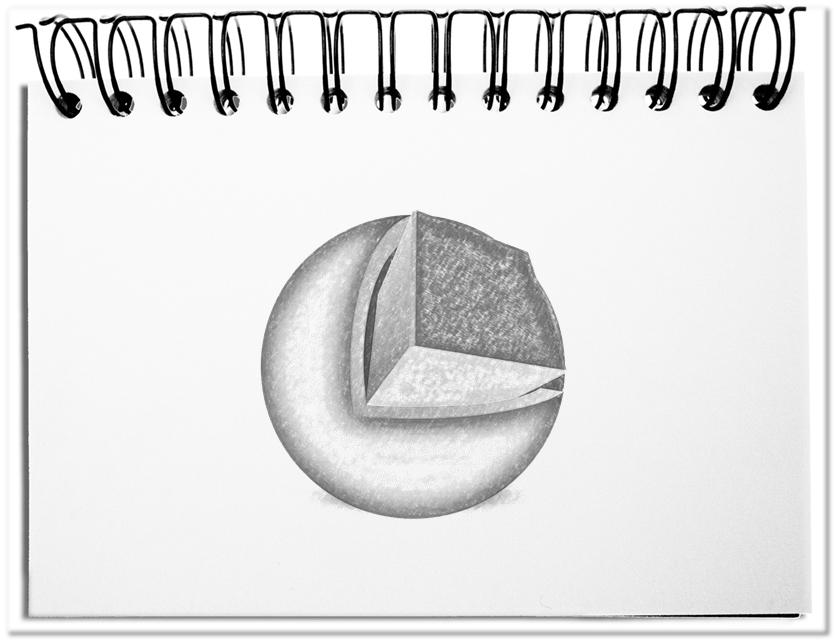Common sense tells us that anything adapts to what already is there. Spheres, not cubes, come out of a sphere. In closed systems, it is unlikely that something new will emerge on its own. Except: energy is added from outside. The same is the case in human communities – working groups, departments, and firms. If something has to be changed, it needs a push to get momentum. From nothing simply nothing comes.
The following aspects outline some stimuli that the leaders can give in terms of energy supply.
- Adaptability
The persistence in the existing of individual people needs a framework that provides the necessary space for the new. In an appropriate atmosphere that gives employees the chance to make things flexibly on their own, to cooperate across borders and to apply new ideas without any effort changes happen. The customer’s needs are adequately addressed that way. If then the willingness to try new things is encouraged by stress-free, fault-tolerant attitudes and openness, collaborative learning takes place. Thus, all are able to adapt. - Participation
Once you understand that the group creates many more opportunities than individual geniuses, you have to take care to put the team in the position to make decisions at the point of action. This requires that the relevant information is available and that, at the same time, all know that they can and are allowed to contribute positively as well as to plan jointly. This puts the team at the center – with all its objectives, distributed balance of power and group processes. The development of appropriate skills is crucial for the employees, as well as for the leaders, who must give up part of their ego. The contributions through participation of all members cumulate to a larger sum than the sum of individual results. - Consistency
The interaction of many interests leads naturally to a wide range of solutions, which even contradict each other in the worst case. For this reason, conditions have to be created that reduce the divergence of the parties to a healthy degree. The well-known fish that stinks from the head has an important exemplary function. Above all, the desired manners have to be put on paper. This applies to the culture with its convictions, values and the collaboration styles, as well as for the established ways of making decisions and agreeing. To ensure that the described behavior is also put into practice, the executives have the responsibility to take ownership of their expectations and to continuously act accordingly. In addition, they affect personally the employees by consistently expressing the common perspective and by coordinating the involved people accordingly. The consistency of statements, behavior and decisions prevent resistance. - Mission
Eventually the clarification of the mission is the formal element in order to be able to cross the door to the new. The formulated snapshot of the future that describes the targeted final stations, shows the raison d’être of the company. Everyone will then develop its idea of the way to the destination. In the interest of joint collaboration, concrete milestones define reference points, which will again and again realign the forces to the common goal. The more the vision, the mission and the strategy are sharpened for the target group, the clearer they lead the employees. The formulated and accessible mission reduces the interpretation space to a minimum.
Bottom line: Even if the world seems to alter on one way or the other, change that is to be done more quickly or more fundamentally, needs efforts in advance. All those affected people must be able and be permitted to adapt themselves. Platforms for participation have to be created. All aspects of the business must be harmonized in a way that uncertainties concerning the right approach are avoided. And above all, a clear direction must be given. However, this has changed nothing yet. But without these aspects changes are almost impossible. Responsible for creating these basic conditions, which are an effort in advance, is the leadership team. Thereafter the actual change follows. From nothing simply nothing comes.

